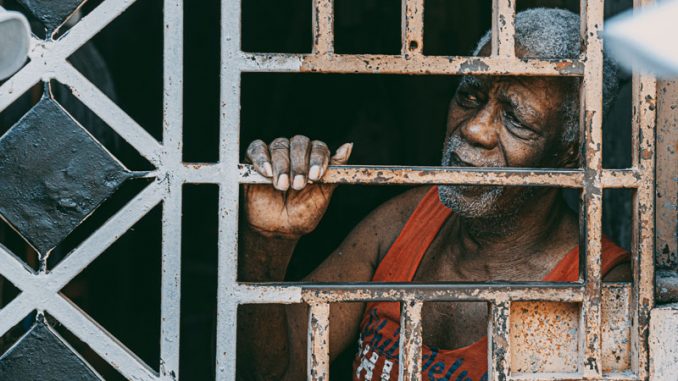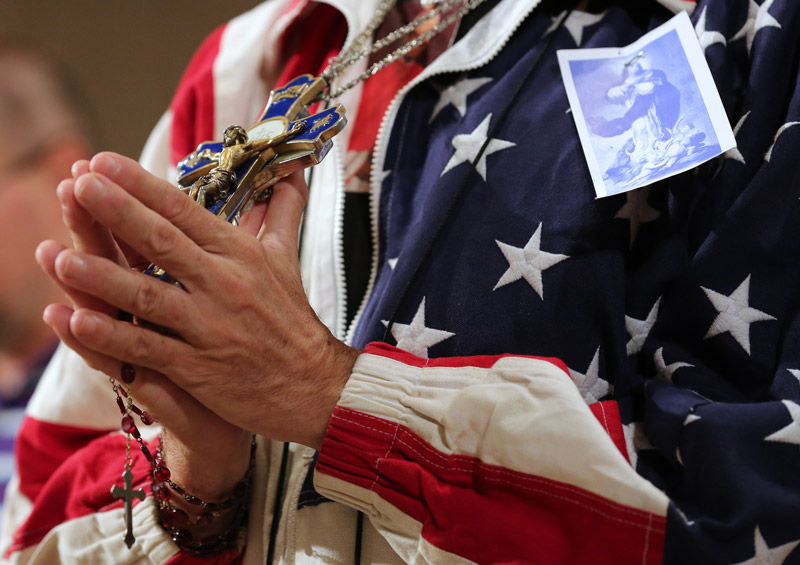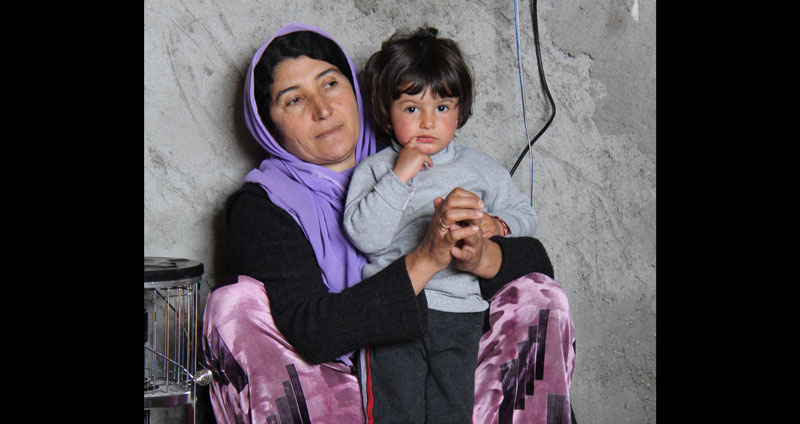
Leaders in the Catholic Diocese of Charleston are closely following a protest that has been filed by an inmate on South Carolina’s death row in advance of his scheduled execution on Dec. 4.
Richard Moore filed a protest with the South Carolina Supreme Court objecting to what he calls “secrecy” surrounding the execution, and has requested a stay, according to a report in The State newspaper.
According to the filing, Moore is objecting because he has asked what sort of chemicals the South Carolina Department of Corrections intends to use, but the department has refused to tell him.
Moore, 55, has been on the state’s death row for 19 years after being sentenced to death in 2001 for killing a clerk during a convenience store robbery. He is one of 37 men currently on death row.
According to The State, the Department of Corrections said they have not been able to obtain the drugs to be used in death by lethal injection, an ongoing situation in the state for years. South Carolina last executed an inmate in 2011.
Moore’s filing claims that he has the right under state law to choose between lethal injection and the electric chair, but he cannot make an informed decision without knowing what drugs would be involved in the lethal injection procedure. South Carolina for several years has been unable to obtain lethal injection drugs because the state does not have a law that shields the identity of companies who sell them.
The South Carolina Supreme Court has not set a date to consider Moore’s protest.
Church teaching states its opposition to the death penalty because it denies the sanctity of all human life. This position has been amplified recently by Pope Francis and statements from the United States Conference of Catholic Bishops.
Michael Acquilano, director of the South Carolina Catholic Conference, said the execution is unlikely because of the state’s inability to acquire the drugs.
“The lethal injection drugs are blocked due to most pharmaceutical companies refusing to distribute them for purposes of government executions,” Acquilano said.
Church teaching states its opposition to the death penalty because it denies the sanctity of all human life. This position has been amplified recently by Pope Francis and statements from the United States Conference of Catholic Bishops.
In 2018, Pope Francis revised the Catechism of the Catholic Church to strengthen the Church’s absolute objection to the death penalty. The Catechism now states “The death penalty is inadmissible because it is an attack on the inviolability and dignity of the person.”(2267)
The pontiff also stressed the teaching on the death penalty in his recent encyclical Fratelli Tutti (“All Brothers”): “The firm rejection of the death penalty shows to what extent it is possible to recognize the inalienable dignity of every human being and accept that he or she has a place in the universe.”
On Nov. 18, two bishops who chair USCCB committees released statements objecting to federal executions. One was carried out in Louisiana on Thursday and two more are scheduled for December.
Archbishop Paul S. Coakley of Oklahoma City and Archbishop F. Naumann of Kansas City, Kansas, issued a statement calling for the executions to be stopped.
In their statement, the bishops referred to Pope Francis’ recent encyclical and also stated: “The death penalty is not necessary to protect society. It is not necessary to hold people accountable for grave crimes. The decision not to execute someone, even someone who has done something terrible, is not ‘soft on crime’; rather, it is strong on the dignity of life.”



